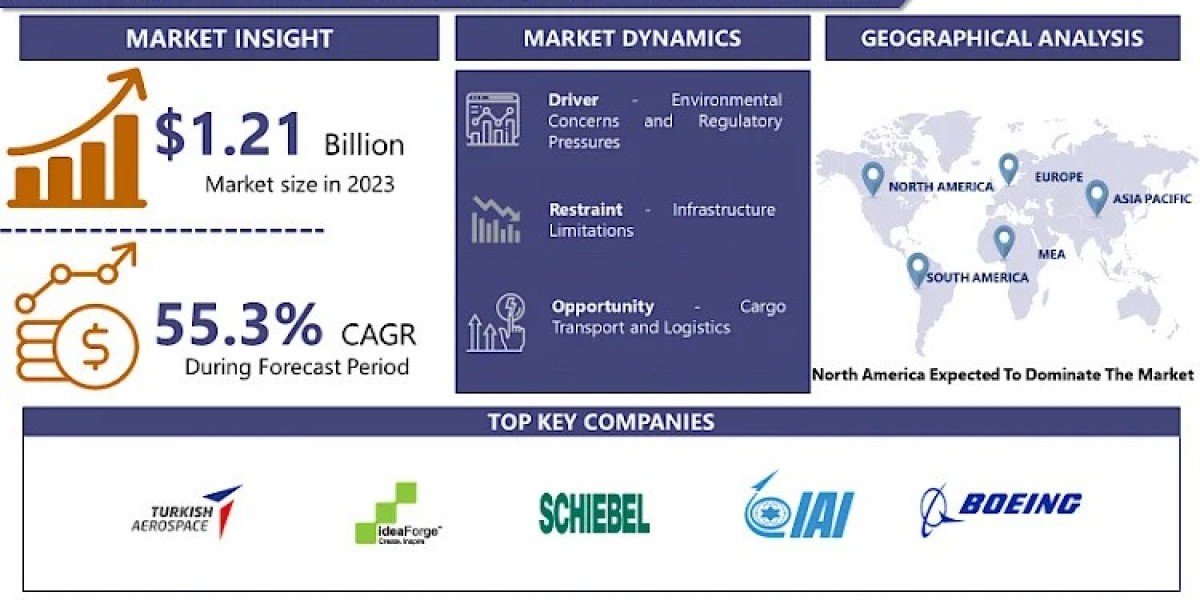In today's competitive automotive industry, the role of a BDC Manager is crucial for driving sales, managing customer relations, and ensuring smooth operations within a dealership’s Business Development Center. The right BDC Manager training is essential for developing the skills needed to navigate this fast-paced environment. At EPIC BDC, we understand the significance of a well-trained BDC manager in optimizing dealership performance, and in this article, we’ll explore everything you need to know about mastering BDC Manager training to elevate your dealership's success.
Understanding the Role of a BDC Manager
A Business Development Center (BDC) Manager plays a vital role in bridging the gap between sales, service, and customer satisfaction. Their primary responsibility is to oversee all customer interactions, from lead generation and follow-up to appointment scheduling and customer support. This ensures that each customer receives a consistent and high-quality experience throughout their buying or servicing journey.
Key responsibilities of a BDC Manager include:
- Lead Generation & Management: Developing strategies to attract potential customers and ensuring follow-up leads are properly handled.
- Customer Relationship Management: Using CRM systems to track customer data, interactions, and history, which helps to build long-term relationships.
- Appointment Scheduling: Ensuring that leads and customers are efficiently booked for test drives, service appointments, and follow-up communications.
- Team Leadership: Leading a team of BDC representatives and salespeople to maintain high standards of customer service and achieve sales targets.
Effective BDC Manager training should encompass all these areas and more. With a structured training program, BDC managers can develop the skills and confidence needed to enhance dealership performance.
Why BDC Manager Training is Crucial
BDC Managers are the first line of communication between a dealership and its customers. Their actions directly impact the dealership’s reputation, customer retention, and sales performance. Here are several reasons why investing in BDC Manager training is crucial:
- Improved Lead Conversion: A trained BDC Manager can implement strategies that increase the conversion rates of leads into sales, ensuring that no opportunity is missed.
- Enhanced Customer Experience: Proper training equips BDC Managers with the tools to handle customer inquiries with professionalism and empathy, fostering trust and satisfaction.
- Increased Sales and Revenue: With optimized BDC operations, a dealership can expect a direct increase in both sales and service revenue.
- Efficient Use of Technology: Knowledge of CRM and other dealership management tools ensures that a BDC Manager can streamline operations and improve overall productivity.
Core Components of BDC Manager Training
Effective BDC Manager training is multi-faceted and covers several core components. A comprehensive program should address the following key areas:
1. Communication Skills for BDC Managers
Communication is the foundation of successful customer interactions. Whether it's through phone calls, emails, or chat, a BDC Manager must master various communication techniques. Training should focus on:
- Active Listening: Understanding customer needs and providing personalized solutions.
- Persuasion and Influence: Using effective language and tone to guide customers through the sales funnel.
- Handling Objections: Training in overcoming objections calmly and confidently to move the sales process forward.
- Follow-Up Strategies: Understanding the importance of consistent follow-ups to keep leads engaged and nurture customer relationships.
2. Mastering CRM and Other Dealership Tools
Customer Relationship Management (CRM) software is one of the most powerful tools in a BDC Manager’s arsenal. Training should ensure that BDC Managers are proficient in using CRM platforms like DealerSocket, VinSolutions, or Salesforce, including:
- Lead Tracking and Management: Keeping an organized database of all leads, customer inquiries, and sales opportunities.
- Data Entry and Analysis: Understanding how to enter customer information accurately and analyze data to optimize lead management processes.
- Performance Metrics: Monitoring key performance indicators (KPIs) such as call volume, lead conversion rates, and response times to ensure team goals are met.
3. Sales Process and Customer Journey
BDC Managers need to have a thorough understanding of the sales process and customer journey. Training should emphasize:
- Sales Funnel Management: From initial lead to final sale, understanding each step in the customer’s journey and how to guide them through it.
- Customer Experience Optimization: Training BDC Managers to align all communications and touchpoints with the dealership’s overall sales strategy.
- Upselling and Cross-Selling: Recognizing opportunities to increase revenue by suggesting additional products and services at the right stage of the sales process.
4. Lead Generation and Digital Marketing Integration
In today’s digital world, a large percentage of leads come from online sources. BDC Managers need to be trained in online lead generation tactics, including:
- SEO and Social Media Marketing: Understanding how to use SEO, social media, and paid ads to attract high-quality leads.
- Lead Qualification: Using effective questioning techniques and CRM filters to identify and prioritize the most promising leads.
- Email and Text Campaigns: Creating automated campaigns to nurture leads and drive customer engagement.
5. Time Management and Organizational Skills
Time management is an often overlooked yet essential skill for BDC Managers. Effective BDC management requires the ability to juggle multiple tasks, including responding to inquiries, scheduling appointments, and managing team performance. Training should focus on:
- Task Prioritization: Teaching managers how to prioritize leads, calls, and follow-ups to ensure efficiency.
- Delegation: Understanding how to delegate tasks appropriately to BDC agents to ensure smooth operations.
- Problem-Solving: Training managers to anticipate challenges and address them before they affect the customer experience.
6. Leadership and Team Development
A key aspect of BDC Manager training is leadership development. Effective BDC Managers need to inspire and guide their teams to achieve high performance and meet dealership goals. Leadership training should include:
- Motivating the Team: Developing strategies to keep the BDC team motivated, engaged, and aligned with the dealership’s goals.
- Performance Reviews: Conducting regular performance reviews and providing constructive feedback to team members.
- Conflict Resolution: Teaching managers how to resolve conflicts and ensure a harmonious and productive work environment.
Advanced BDC Manager Skills
Once the foundational training is complete, BDC Managers should also focus on advanced skills to stay ahead of industry trends and further optimize dealership operations. These include:
- Advanced Data Analytics: Leveraging data to predict customer behavior and optimize lead conversion strategies.
- Customer Retention Strategies: Implementing strategies to keep customers returning for future services, purchases, or referrals.
- Managing Multiple Locations: For larger dealerships with multiple branches, BDC Managers need to be trained in overseeing operations across several locations simultaneously.
Conclusion
Effective BDC Manager training is crucial to the success of any dealership's sales, customer service, and operational efficiency. At EPIC BDC, we understand the intricate skills required to manage a high-performing BDC. By focusing on areas such as communication, CRM mastery, lead generation, and team leadership, BDC Managers can significantly impact a dealership’s bottom line. Through comprehensive training, dealership operations are streamlined, customer relationships are strengthened, and sales performance reaches new heights.








